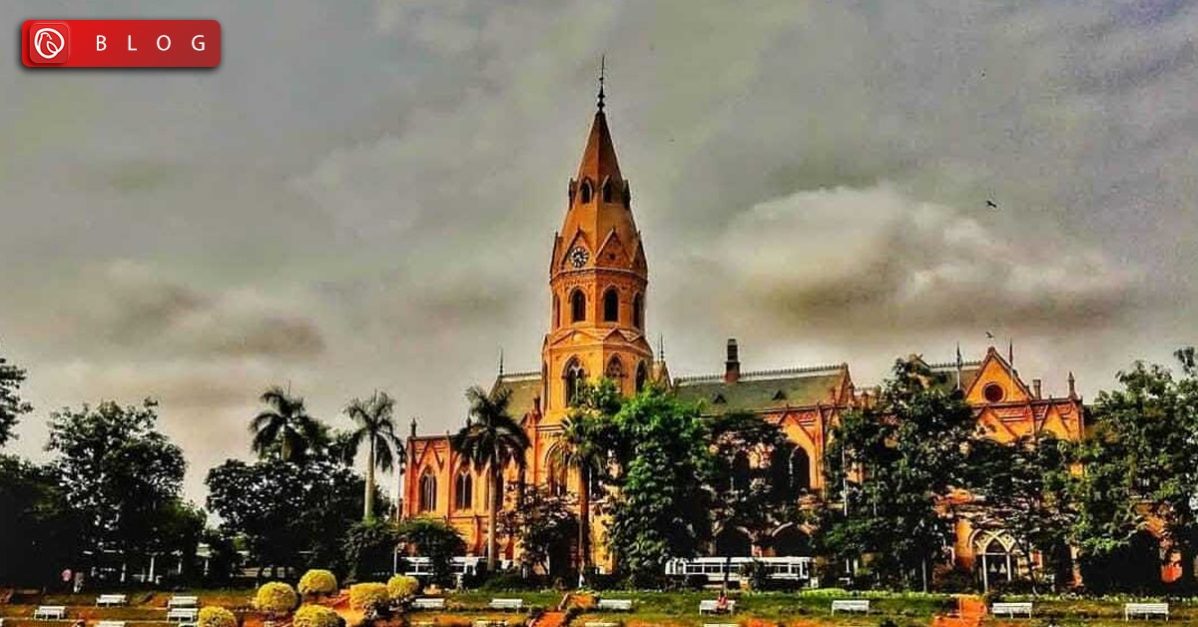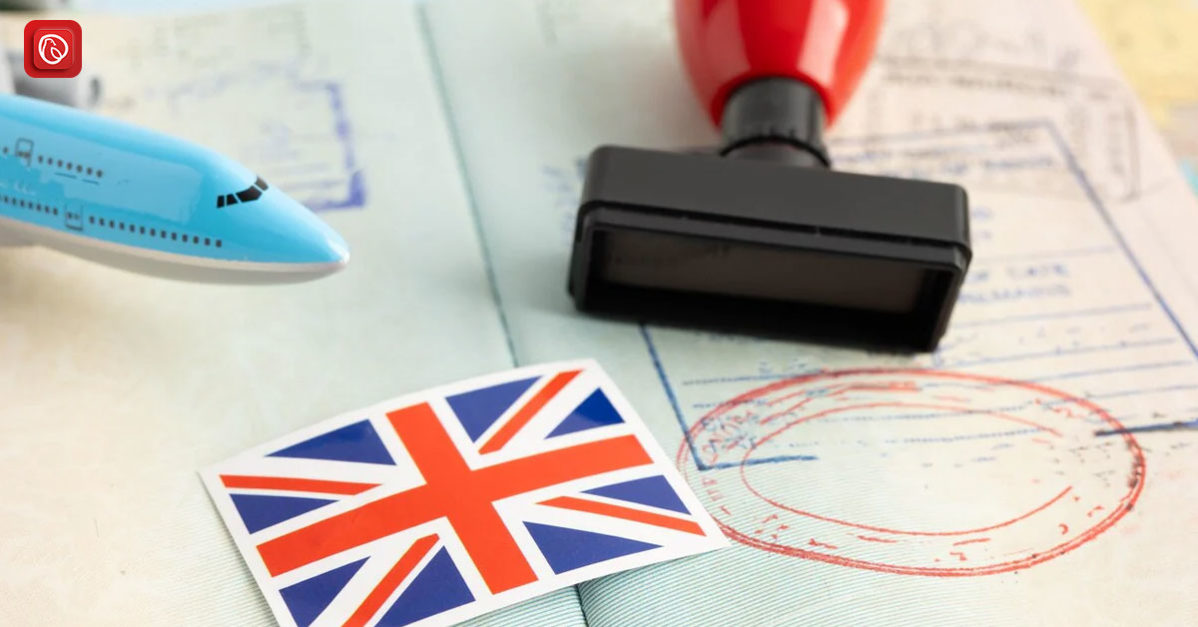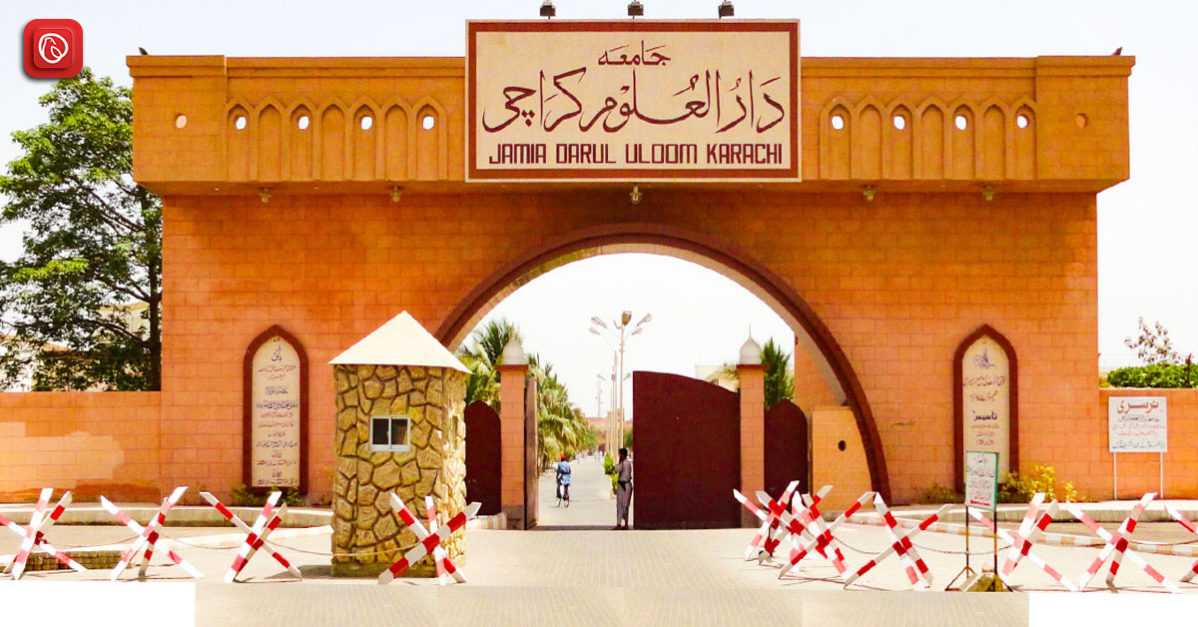Government College University (GCU) Lahore is one of Pakistan’s oldest and most prestigious universities, with a proven track record of academic excellence.
Graana.com provides a detailed overview of the institution below, including its admission requirements, academic programs, and more.
History of GCU Lahore
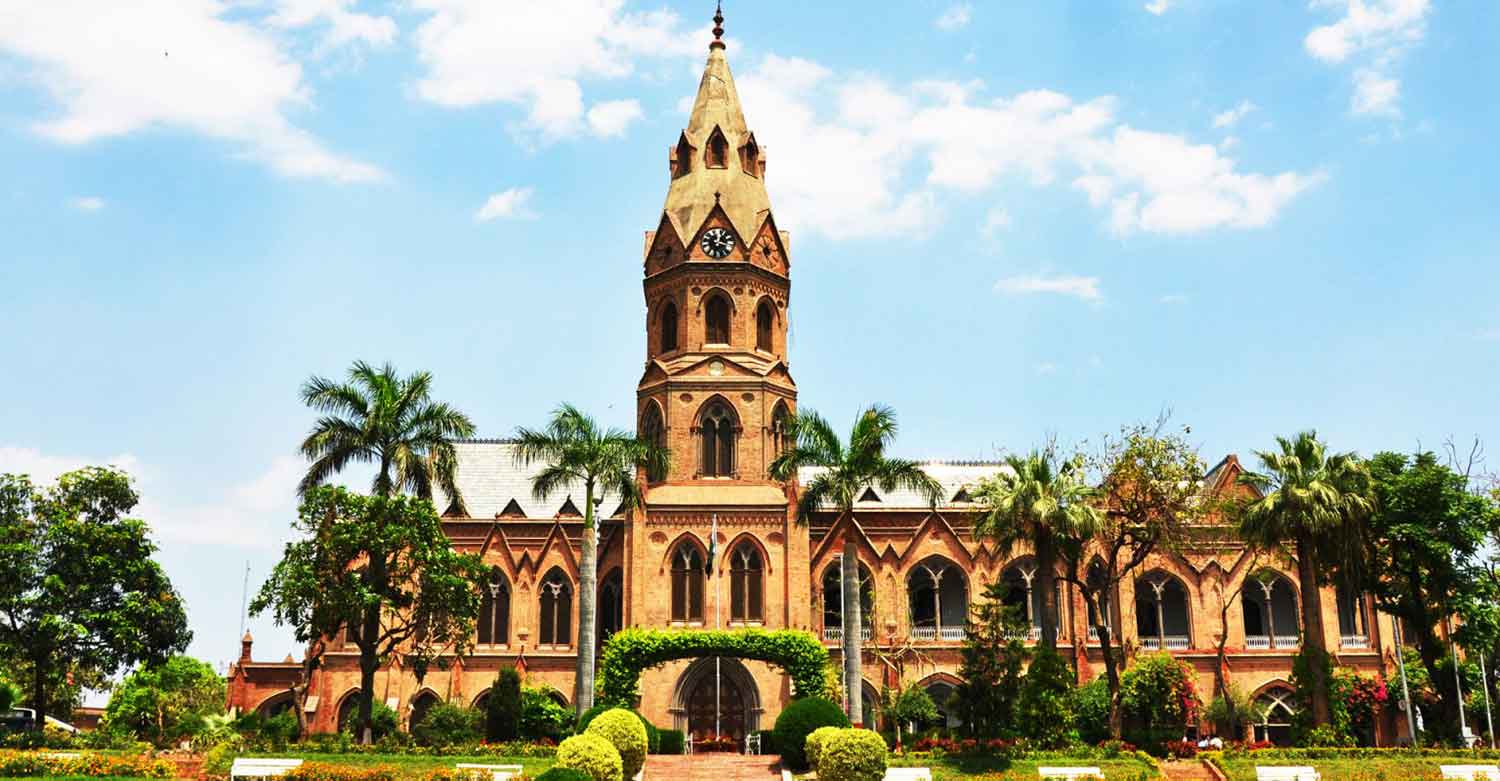
GCU is a public research university located on Katchery Road in Lahore, and its origins can be traced back to 1864, when the British government established a Government College in India. It was initially affiliated with the University of Calcutta, and later with the University of Punjab.
GCU Lahore offered undergraduate and postgraduate courses in arts, sciences, engineering, law, and education. It also became a centre of cultural and literary activities, producing many eminent scholars, writers, poets, artists, and leaders.
Some of its notable alumni include Nobel laureate Abdus Salam, poet Allama Iqbal, philosopher Muhammad Iqbal, writer Patras Bokhari, and former prime ministers Nawaz Sharif and Shahid Khaqan Abbasi.
Campus
The campus spreads over an area of 56 acres, and features a blend of modern and historic buildings. The most iconic one is the gothic-style central building, which was constructed in 1877 and is considered a landmark. The campus also has a library, a mosque, a sports complex, a gymnasium, a swimming pool, a botanical garden, a cafeteria, a hostel, and an auditorium.
It is also home to many cultural and co-curricular societies and clubs that organise various events and activities throughout the year.
Academics Programs
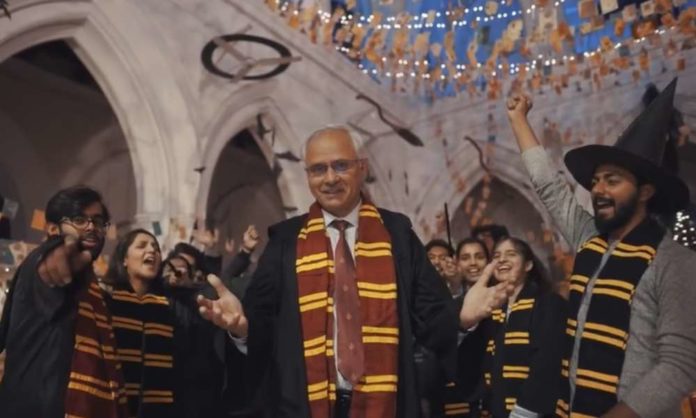
GCU is considered to be one of the best universities in Lahore. GCU has a student body of approximately 12000, 32 departments, and five faculties.
There are 11 well-equipped research centres as well. The university secured second place in the general category by the Higher Education Commission (HEC) in 2013.
It has the highest graduation rate in the country, with an average of 94.6% annually. GCU Lahore also has collaborations and partnerships with many national and international universities and organisations.
It offers a wide range of educational programs, including eight bachelor’s degrees, 28 MS/MPhil degrees, and 19 PhD degrees. The faculty at the university include:
- Faculty of Chemistry and Life Sciences
- Faculty of Mathematical & Physical Sciences
- Faculty of Arts & Social Sciences
- Faculty of Language, Islamic & Oriental Learning
- Faculty of Engineering
GCU Lahore has 5 autonomous/semi-autonomous, research-oriented institutes focused on academic and industrial research and development projects. These are:
- Abdus Salam School of Mathematical Sciences (ASSMS)
- Centre for Advanced Studies in Physics (CASP)
- Institute of Industrial Biotechnology (IIB)
- Sustainable Development Study Centre (SDSC)
- Center of Excellence of China Studies (CECS)
Facilities at GCU Lahore

Here are some of the facilities that GCU offers to its students and faculty:
Libraries
It has four libraries on its campus, namely the Main Library, the Postgraduate Library, the Engineering Library and the Intermediate Library. These libraries are among the best libraries in Lahore. These have a collection of over 300,000 books, journals, magazines, newspapers and digital resources.
They also provide access to online databases, e-books and e-journals. The libraries are open from 8:00 am to 10:00 pm on weekdays and from 8:00 am to 5:00 pm on Saturdays.
Hostels
GCU has six best hostels for male and female students, namely the Abdus Salam Hall, the Allama Iqbal Hall, the New Hostel, the Quaid-e-Azam Hall, Sir Syed Hall, and the Fatima Jinnah Hall.
The hostels have a capacity of over 2,000 students and provide facilities such as furnished rooms, mess halls, common rooms, TV lounges, internet access, laundry services, and sports grounds.
Transport
The university has a fleet of buses and vans that operate on different routes and timings. The transport fee is nominal and varies according to the distance travelled. The service is available from Monday to Saturday.
Medical Services
There is a medical officer on campus who provides basic health care services to the students and staff members. The medical officer is available from 9:00 am to 4:00 pm on weekdays, and from 9:00 am to 1:00 pm on Saturdays.
Sports Facilities
GCUL has a well-equipped sports complex that offers facilities for various indoor and outdoor games, such as cricket, hockey, football, basketball, volleyball, badminton, table tennis, squash, chess, and snooker. The sports complex also has a gymnasium, a swimming pool, and a jogging track.
The university organises various sports events and competitions throughout the year to promote physical fitness and sportsmanship among the students.
Career Guidance and Placement Centre
GCU has a career guidance and placement centre to help students choose their career paths and find suitable jobs. The centre organises various workshops, seminars, counselling sessions, mock interviews and job fairs.
Student Societies
GCU has over 50 student societies that cater to the diverse interests and talents of the students. These include academic, cultural, literary, religious, social welfare, and sports societies.
The student societies organise various activities and events such as debates, dramas, exhibitions, festivals, lectures, seminars and trips for the students.
Fee Structure at GCU Lahore
Mentioned below is the fee structure for all programs at GCU Lahore.
| BS Programs | Year 1 | 2 | 3 | 4 | 5 | Fee Per Programs | |||||
| Installments | |||||||||||
| 1 | 2 | 3 | 4 | 5 | 6 | 7 | 8 | 9 | 10 |
248,500 |
|
| English Literature | 47,600 | 28,200 | |||||||||
| History | |||||||||||
| Islamic Studies | |||||||||||
| Persian | |||||||||||
| Philosophy | |||||||||||
| Political Sciences | |||||||||||
| Punjabi | |||||||||||
| Urdu | |||||||||||
| Sociology | |||||||||||
| Fine Art | |||||||||||
| Botany | 47,985 | 30,700 | 34,200
|
266,385 | |||||||
| Chemistry | |||||||||||
| Economics | |||||||||||
| Geography | |||||||||||
| Mathematics | |||||||||||
| Physics | |||||||||||
| Psychology | |||||||||||
| Statistics | |||||||||||
| Zoology | |||||||||||
| Business Accounting & Finance | 30,7003 | ||||||||||
| Physical Education | |||||||||||
| Micro Biology | 74,800 | 52,500 | 56,000 | 445,800 | |||||||
| Bio-Technology | |||||||||||
| Environmental Sciences | |||||||||||
| Gender & Climate Change | |||||||||||
| Electronics | |||||||||||
| Art History | 69,400 | 51,700 | 55,200 | 434,800 | |||||||
Graduate
| LLB | 82,700 | 64,700 | 68,200 | 668,500 | ||||||||||||||||||
| M.Phil (Science & Technology) Morning | 77,500 | 55,500
|
47,500
|
51,000
|
231,500
|
|||||||||||||||||
| M.Phil in Applied Physics | ||||||||||||||||||||||
| MS in Clinical Psychology | 105,500 | 83,000 | 75,000 | 78,500 | 342,000 | |||||||||||||||||
| MS in Child Guidance & Educational Counselling | 69,450 | 51,000 | 43,000 | 46,500 | 209,950 | |||||||||||||||||
| Top Up for MS in Clinical Psychology | 92,850 | 65,700 | 158,550 | |||||||||||||||||||
| Top Up for MS in Child Guidance & Edu Counselling | 74,400 | 49,500 | 123,900 | |||||||||||||||||||
Postgraduate
| Ph.D. (Arts, Social Sciences, Science & Technology) | 97,000 | 72,700 | 56,000 | 59,500 | 397,200 | ||||
| Ph.D. (Media & Communication Studies) | 112,000 | 88,000 | 77,200 | 80,600 | 512,000 | ||||
| Ph.D in Art History | 110,000 | 86,000
83,000 |
90,600 | 94,000 | 561,700 | ||||
| Ph.D in Archive Studies | 107,000 | 92,200 | 95,500 | 561,700 |
Follow Graana.com for more information.
Read More
